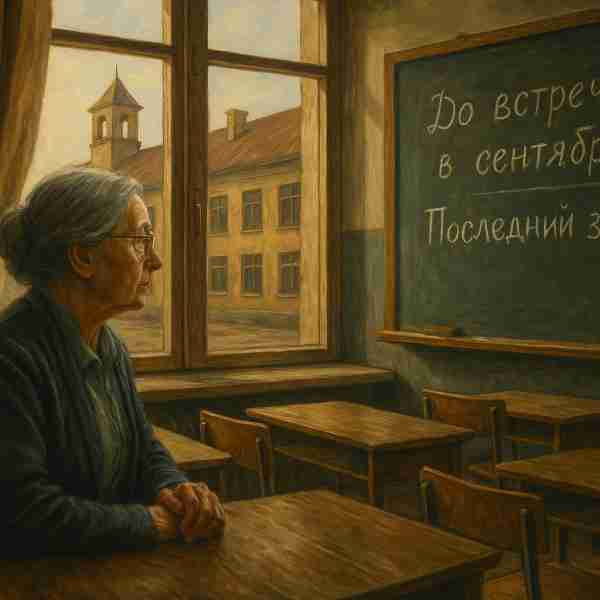Tatyana Mikhailovna sat by the window of her apartment in Balashikha and looked at the empty street. The summer of 2030 was hot, and the asphalt near School No. 8 melted like wax. The school where she had taught all her life was preparing to close. Forever. The last class, she thought. This year, there were only six graduates. Ten years ago, there were nearly thirty. Where were the children? Where were the noisy recesses, constant complaints about tests, and canceled gym lessons? Everything had vanished. When the Ministry of Labor first spoke in 2025 about a labor shortage, it seemed like a distant forecast. Eleven million — a massive but abstract number. No one felt it in stores, hospitals, or schools. But now it had entered every hallway, every cafeteria, every bus schedule. The local maternity hospital closed two years ago — there was no one left to give birth. Young people left. First to Moscow, then to Europe, and later — anywhere: Istanbul, Tbilisi, Yerevan. 'At least there's a future there,' her nephew had said when he left for Poland. He was a programmer. A smart boy. Tatyana Mikhailovna didn’t blame him. Every second student at her school had left town. Those who stayed worked at the nearby hypermarket, joined the army, or went into trade. But they didn’t have children. 'First an apartment, then stability,' they said. But neither the apartment nor the stability ever came. Social infrastructure was collapsing. In the spring, a bridge on the outskirts collapsed. Her neighbor was taken to a district hospital 80 kilometers away — their own had been shut down. The train ran once every two days. The electric train was canceled due to 'optimization.' The authorities said they had everything under control, that the country was following its own path. But more and more, that path felt like a dead end. New officials arrived in black cars, made loud speeches, and left. The school had its hot water turned off. The janitor was promised to be laid off. She sighed. Her student, Liza, recently wrote an essay titled 'My Future in Russia.' The girl honestly wrote: 'I’m not sure it’s here.' She was summoned to the principal, but Tatyana Mikhailovna didn’t allow them to give her a failing grade. Liza was one of the few who still thought critically. She had her sights on Moscow State University — if they would accept her. Evening came. She closed the window and turned off the radio — another report about 'enemies of the state.' Silence was becoming the norm. On the blackboard in the classroom, one message remained: 'See you in September.' But there would be no one to see in September. This year, School No. 8 would finally close — no first-graders were enrolled. The last class. The last bell. The last teacher. And — silence.
The Last Class

Published : 16.07.2025
